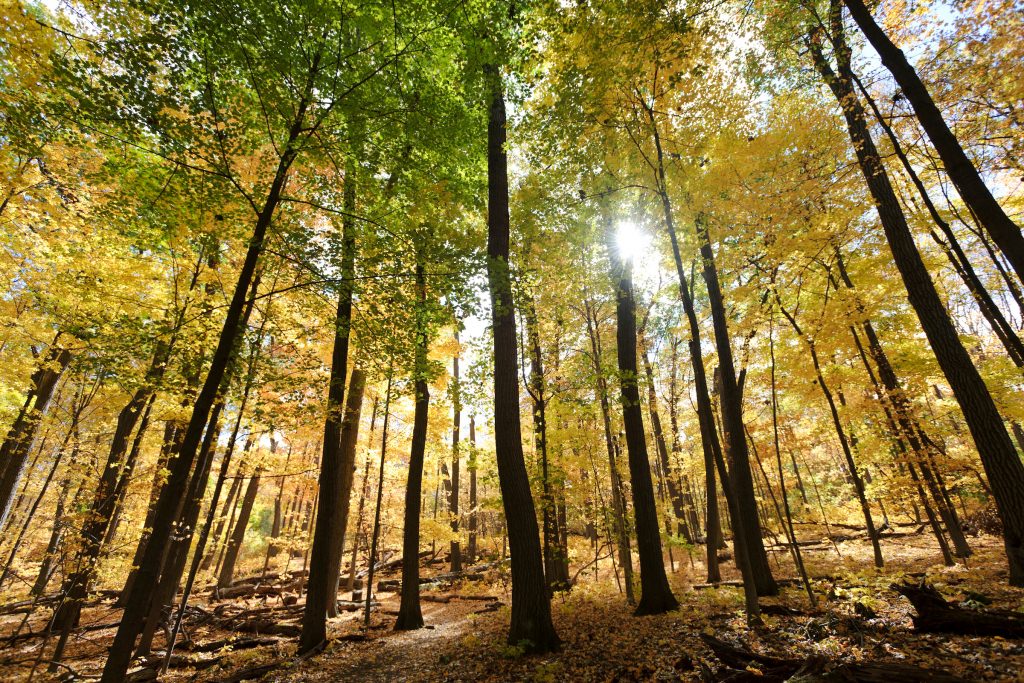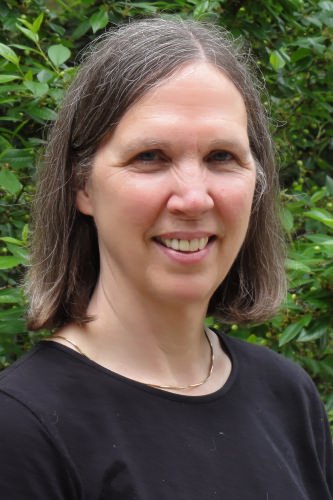Oberhauser named director of Arboretum
Internationally renowned monarch butterfly researcher Karen Oberhauser is returning to UW–Madison, where she studied as an undergraduate.
Oberhauser has accepted the position of UW-Madison Arboretum director. She comes to the UW from the University of Minnesota’s Department of Fisheries, Wildlife and Conservation Biology, where she has been a professor and conservation biologist. She will begin her position at the Arboretum on Oct. 1.
“Having spent my entire childhood and many intervals since then in Wisconsin, I am thrilled with the opportunity to lead the UW–Madison Arboretum,” Oberhauser says. “I look forward to working with the amazing Arboretum staff to strengthen connections between the Arboretum, the rest of the University of Wisconsin community, and the people of Wisconsin.”
Oberhauser says she is very excited to be stepping into the role of Arboretum director, a role first held by famed conservationist Aldo Leopold.
“I have studied monarch butterflies for over 30 years,” Oberhauser says. “This work has expanded to include other insects and their habitat, and has made me passionate about conserving the world’s biodiversity. I believe that the connections my research, outreach and teaching promote between monarchs, humans and the natural world encourage meaningful conservation action.
“My foray into publications documenting the history of the Arboretum, beginning with conservation giants that include Aldo Leopold and John Curtis, as well as interactions with the current staff, have made it clear to me that past and present individuals associated with the Arboretum share these passions.”
Oberhauser, who received a bachelor of arts degree in biology from Harvard University, a bachelor of science degree in natural science education from UW–Madison, and a doctorate in ecology and behavioral biology from the University of Minnesota, has been studying monarch butterflies since 1984. She uses her research on monarchs to teach a variety of audiences about biology, conservation and the process of science.

Wingra Woods in the UW Arboretum, October 2012. Photo: Jeff Miller
“Karen is a great fit for UW–Madison and the Arboretum. She is an outstanding scientist, and throughout her career, she has shown a strong passion for conserving biodiversity and making connections between humans and the natural world to promote conservation actions,” says Marsha Mailick, UW–Madison vice chancellor for research and graduate education.
“Karen also brings a very strong background in citizen science and ecological monitoring to the position, along with a commitment to promoting scientific and environmental literacy. These attributes are key to directing research and outreach at the Arboretum, one of UW–Madison’s most public-facing research centers.”
At the University of Minnesota, Oberhauser has chaired the steering committee of the Monarch Joint Venture, a collaborative effort of over 60 organizations in the U.S. working to promote the long-term sustainability of healthy monarch populations. Her lab leads a citizen science project that engages volunteers across the country in tracking monarch populations, understanding monarch use of available habitat, and investigating factors, such as weather and parasitism, which affect monarch populations.
Karen brings a unique combination of world-renowned research in conservation biology and ecology, leadership in citizen science and K-12 education, and long-term project management experience.
Christopher Kucharik
Oberhauser also has developed a comprehensive science education program called Monarchs in the Classroom, which involves courses and workshops for teachers, opportunities for youth to engage in research and share their findings with broad audiences, and curriculum development.
Oberhauser began her teaching career as a biology and chemistry teacher at Onalaska High School in Wisconsin.
“Karen brings a unique combination of world-renowned research in conservation biology and ecology, leadership in citizen science and K-12 education, and long-term project management experience,” says Christopher Kucharik, UW–Madison professor of agronomy and environmental studies, who chaired the selection committee that narrowed the initial candidate pool to three finalists.
“The combination of these attributes makes her an excellent fit to lead and work collaboratively with staff, faculty, administrators and the general public as a new, future vision for the Arboretum is created that continues to support its overall mission.”
“I am very grateful to Donna Paulnock, who has served as interim director of the UW Arboretum since 2012,” says Mailick. Paulnock is a professor of medical microbiology and immunology.
Tags: arboretum, campus administration

